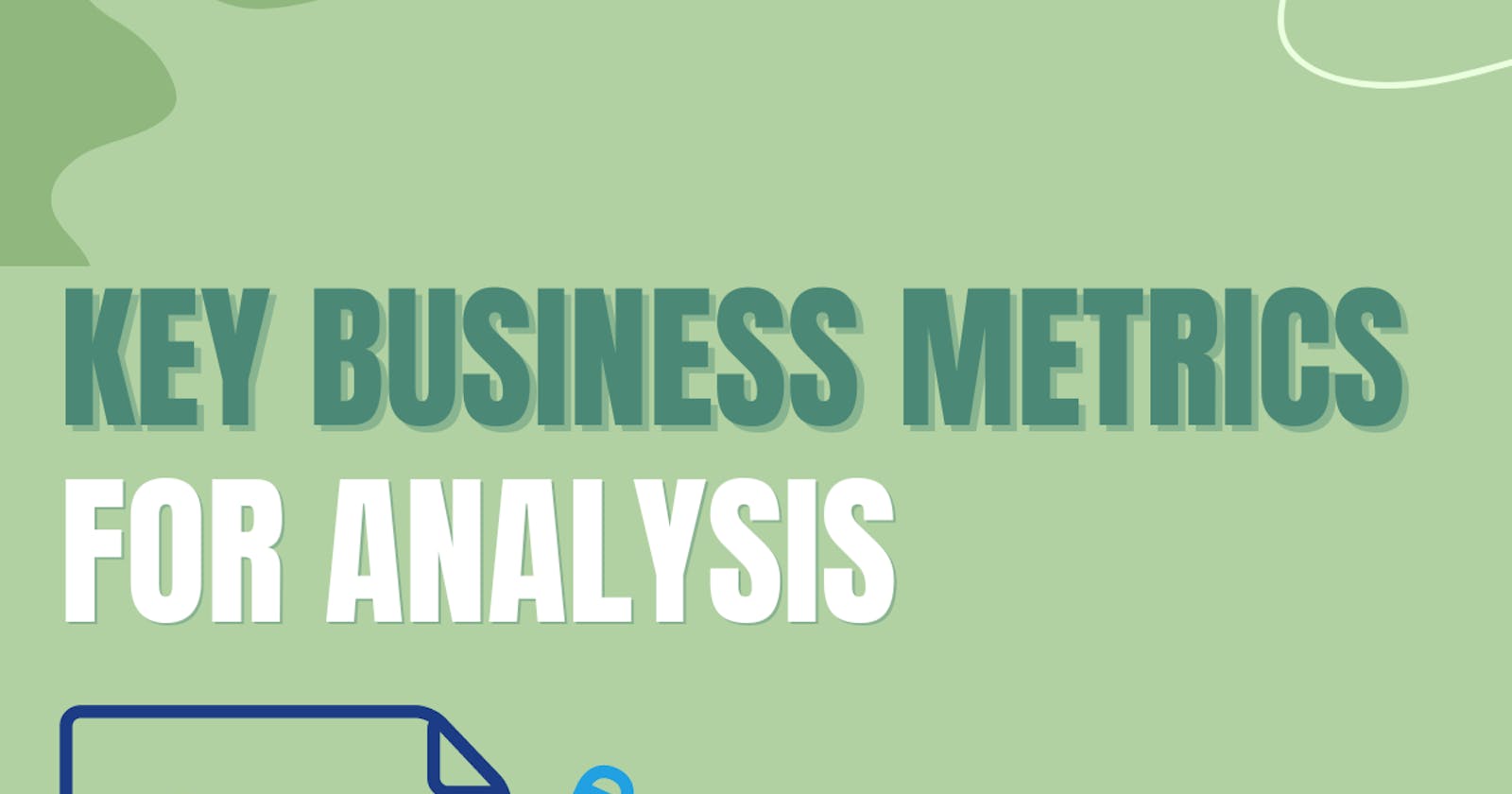Businesses are constantly striving to achieve their goals and measure their progress along the way. Tracking progress has become an essential component of success, allowing organizations to assess their performance, identify areas for improvement, and make informed decisions. One powerful tool that enables businesses to make sense of vast amounts of data and effectively track metrics is SQL (Structured Query Language). Whether it's e-commerce companies analyzing customer behavior, social media platforms monitoring user engagement, or logistics firms optimizing supply chain operations, leveraging SQL has become instrumental in building and tracking crucial metrics. By harnessing the capabilities of SQL, businesses can gain valuable insights and steer their strategies towards growth and success.
Below are some of the key metrics in various industries that enable organizations to measure their performance, track progress, and make data-driven decisions:
E-commerce: Conversion Rate, Customer Acquisition Cost, Customer Retention Rate, Website Traffic, Customer Satisfaction Rate, Average Order Value and many more.
Social Media Agencies: User Growth, Reach and Impressions, Engagement Rate, Sentiment Analysis.
Logistics: On-Time Delivery, Order Cycle Time, Warehouse Utilization, Damaged In Transit rate.
Manufacturing sectors: Overall equipment effectiveness (OEE), Product Cycle time, Product Defect rate.
Financial Services: Return on Investment (ROI), Net interest margin (NIM), Customer churn rate.
Healthcare: Patient satisfaction score, Average length of stay (ALOS), Readmission rate.
Technology: Monthly active users (MAU), Churn rate, Average revenue per user (ARPU).
With a comprehensive understanding of tracking metrics and key performance indicators (KPIs) using SQL, we can effectively analyze and interpret data. SQL encompasses a wide range of essential functions such as joins, window functions, if-else statements, and more. These functions enable us to manipulate and extract valuable insights from our data.
SQL's significance goes beyond data analysis, as it plays a vital role in supporting engineers, data scientists, and other technical professionals in building and developing products for companies. By leveraging the power of SQL and harnessing the potential of data, these professionals can create innovative solutions and drive business growth based on accurate and reliable information.
